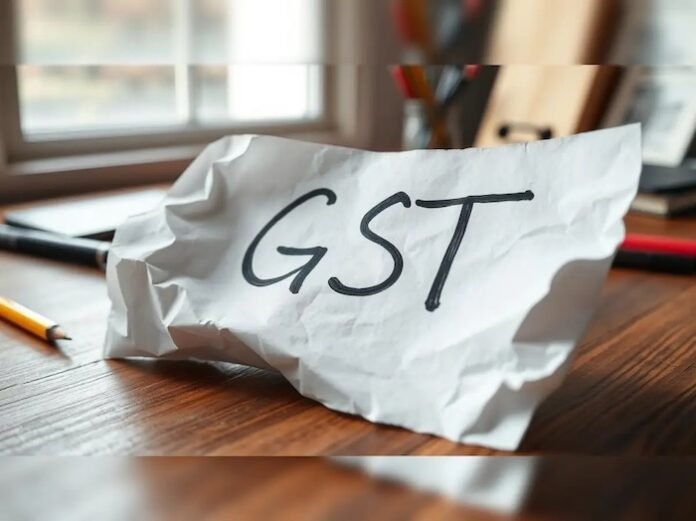
Printers and publishers have expressed concern over the ambiguity in the Goods and Services Tax (GST) rates on paper and allied services, which they believe will harm paper manufacturers and book printers, and increase the cost of books.
The Offset Printers Association (OPA) stated in a press release that the GST hike on paper could lead to the closure of 30% of micro and small units, directly increasing the prices of textbooks and affecting 200 million students. The Exercise Book Manufacturers Association, on the other hand, has raised concern over what it termed an inverted duty structure in the recent rationalisation of GST rates.
With effect from 22 September, the GST Council reduced the tax rate on books and notebooks to zero, but at the same time hiked the rate on paper and paper boards to 18%.
Amrut P Shah, president of the Exercise Book Manufacturers Association (Maharashtra) has been quoted by the financial press as saying that the inverted duty structure will push up production costs and significant compliance challenges to manufacturers.
Claiming that the retail prices of notebooks could increase by 15-20%, Shah while books are exempted from GST, related products such as diaries, memo pads and registers remain taxable. “We seek immediate clarification on ITC (input tax credit) treatment in the case of mixed supply,” he was quoted as saying by The Hindu Businessline.
Paper boards are taxed at 18%, printing services are taxed at 5% while consumables such as lamination, gum, ink and other raw materials used in notebook/book production also attract GST, the report said.
When such items are used in the production of tax-exempt goods such as books, the input tax credit gets blocked, Shah said, adding that the use of the same machinery to produce both exempted goods, such as books, and taxable goods like stationery products, creates complications in ITC claims.
Shah suggested a uniform 5% GST rate for paper and books to eliminate ITC issues, control cost escalation, to maintain a steady demand and ensure that the general public continues to have access to educational tools at stable prices, The Hindu report said.
The All India Notebook Manufacturers Association, on the other hand, said since finished books in India attract zero GST, imported finished books and notebooks will enter India with zero tax, disrupting the Indian market and burdening domestic manufacturers.
Paper makers on GST
In a separate statement, the Indian Paper Manufacturers Association (IPMA) said the increase in GST on paper and paperboard from 12% to 18% was a regressive step that undermined the government’s own vision of affordability, literacy promotion, and environmental sustainability.
IPMA estimates that the cost of notebooks for schoolchildren will go up by 3-5%, while printed books and textbooks may see a rise of over 6%. This, the industry said, runs counter to the government’s literacy initiatives and will add to the financial burden of families.
IPMA also flagged the inverted duty structure. While the GST on boxes, cartons, sacks, and bags made of paper has been reduced from 12% to 5%, the GST on the primary raw material—paper and paperboard—has been raised to 18%. With nearly 90% of kraft and packaging paper used in cartons and boxes, such an inverted duty structure will block significant working capital, especially for micro, small, and medium enterprises (MSMEs), it said.
Indie publishers and bookshops have also expressed concern over the high GST on paper and book printing, which they say is affecting the book culture and affordability of books.
A statement signed by a host of leading publishers says the high rate of GST is placing a severe financial strain on the publishing industry, thereby also affecting the affordability and accessibility of books for readers across India.
“Books themselves are exempt from GST, but printing services are taxed. This means publishers must pay 18% GST when they outsource printing. Most, if not all, small and medium, and indie publishers outsource their printing,” they said.
They demanded a low, reasonable slab for book printing. “Tax printing of books, educational materials, and newspapers at 5% or exempt it entirely, while retaining a higher rate for luxury/packaging printing if necessary,” it said.

















